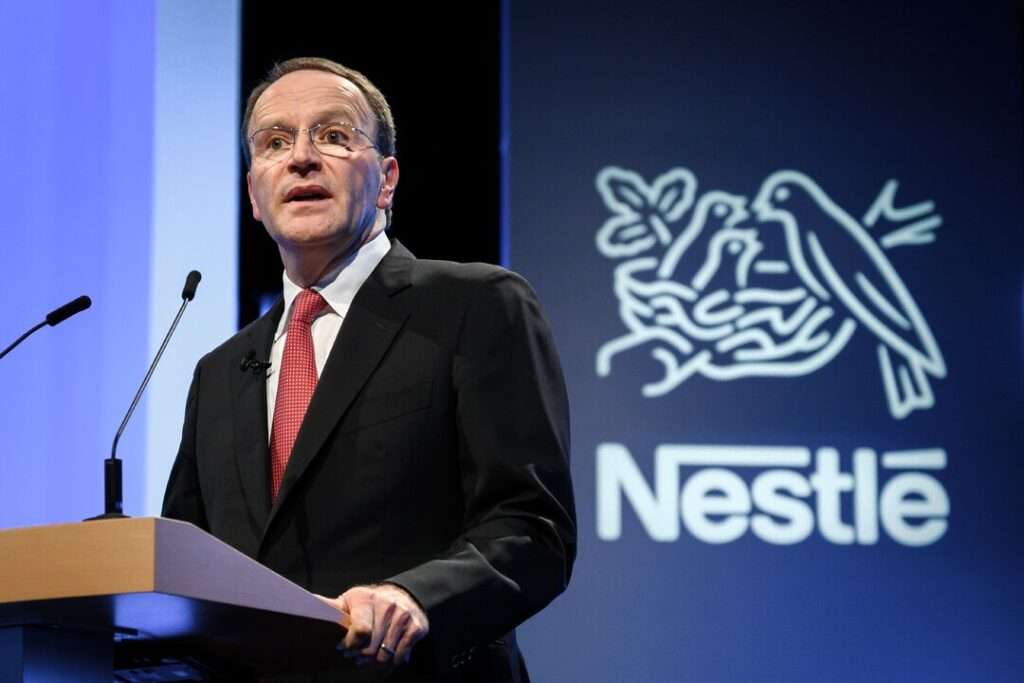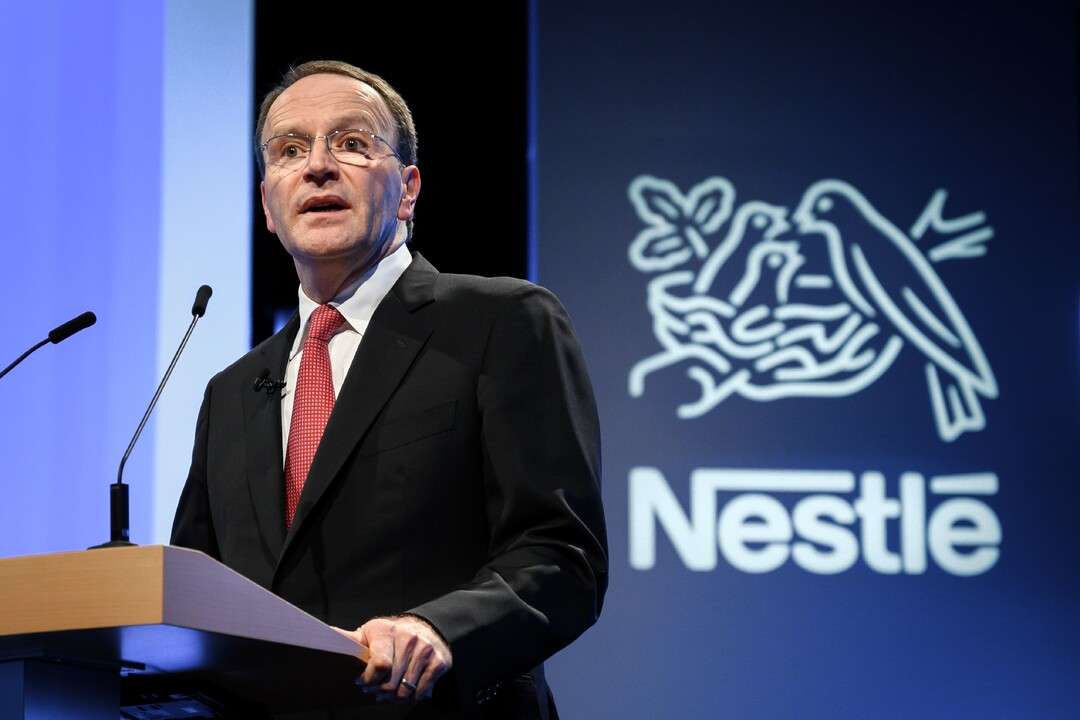Ulf Mark Schneider, the CEO of Nestle SA, recently addressed the challenges posed by food price inflation, highlighting its unprecedented nature and the resulting softening of consumer demand. This article delves into the implications of these developments for Nestle and the wider food industry.
Understanding the Landscape: Nestle’s Financial Performance in 2023
Despite facing challenges, Nestle saw improvements in its business performance throughout 2023, particularly in the fourth quarter. Operating profit in North America increased by 5% to 5.8 billion Swiss francs, while net sales experienced a slight decline to 26 billion Swiss francs. However, adjusted for currency changes, sales growth remained positive at 7.3%.
Factors Contributing to the Decline
The decrease in sales was attributed to various factors, including soft consumer demand, capacity constraints, and the winding down of certain business segments, such as frozen meals and pizza in Canada. Additionally, net divestitures and adverse foreign exchange effects played a role in the decline.
Identifying Growth Opportunities
Despite these challenges, Nestle witnessed growth in several key categories, including beverages, pet food, coffee, and confectionery. Strong momentum in e-commerce and out-of-home channels also contributed to sales growth, showcasing the company’s ability to adapt to changing consumer preferences.
Strategies for Margin Improvement
Nestle attributed its improved profit margins to strategic actions such as divestments and portfolio optimization. Pricing adjustments and product mix also played a crucial role in offsetting cost inflation and increased marketing expenses.
Addressing Consumer Trends and Challenges
Schneider highlighted the impact of food price inflation on consumer behavior, noting a division between lower and higher-income consumers. He emphasized the importance of understanding shifts in consumer preferences and the need for innovative solutions to meet evolving demands.
Responding to Social Media Rumors
Schneider addressed rumors circulating on social media platforms regarding the safety of Nestle’s pet food products. Despite initial concerns, the company reaffirmed the safety of its products and experienced minimal impact on sales.
Outlook for 2024 and Beyond
Looking ahead, Nestle anticipates a 4% sales growth in 2024, reflecting the company’s optimism despite ongoing challenges. Schneider reiterated the importance of adapting to changing market dynamics and leveraging opportunities for growth.
Exploring Opportunities in Weight Loss Solutions
Schneider also discussed the growing demand for weight loss solutions, particularly GLP-1 drugs, and highlighted Nestle’s commitment to developing complementary products in this space. He emphasized the potential for innovation and expansion within this market segment.
Conclusion: Navigating Uncertainty with Resilience
Despite facing unprecedented challenges, Nestle remains committed to driving growth and innovation in the face of evolving consumer trends and economic uncertainties. By adapting its strategies and leveraging its strengths, the company continues to position itself for long-term success in the global food industry.
Related: Nestle Profits Surge!




